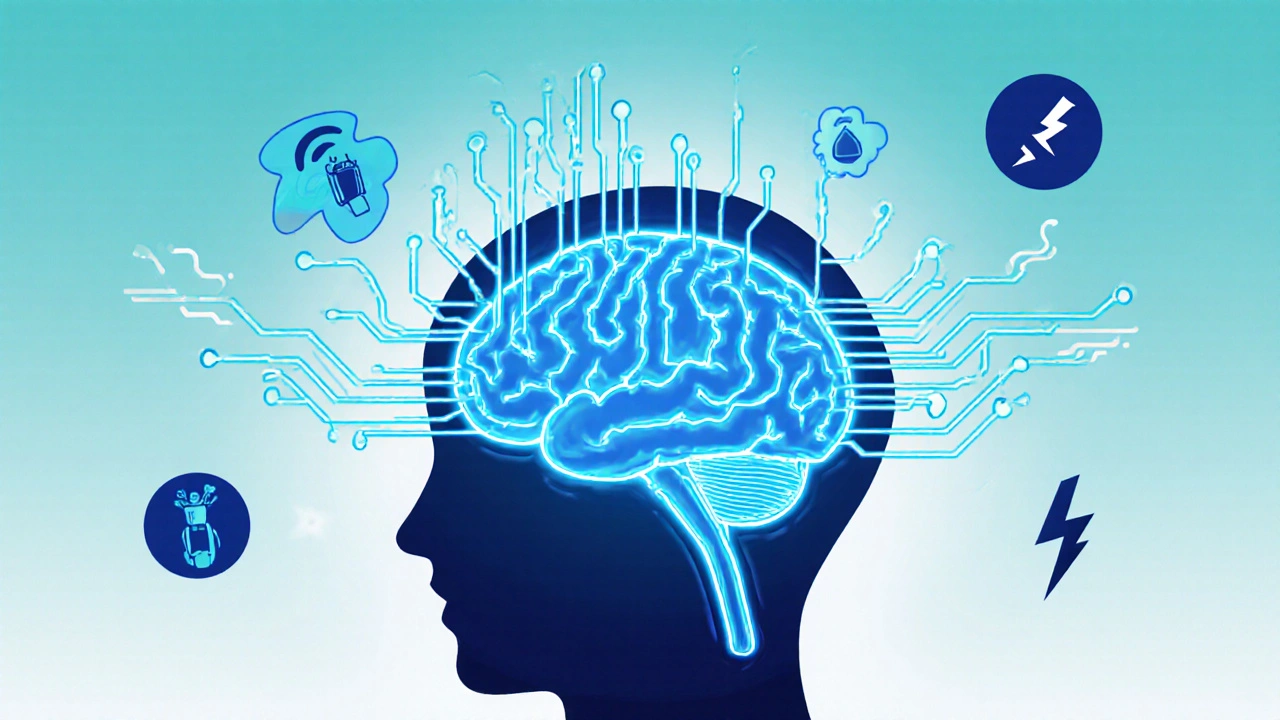When you stop taking antidepressants, medications prescribed to treat depression, anxiety, and other mood disorders. Also known as antidepressant discontinuation syndrome, it's not a relapse — it's your brain adjusting after being chemically altered for weeks or months. Many people assume that once they feel better, they can just stop. But that’s when the real challenge begins. SSRI withdrawal, a common form of antidepressant withdrawal linked to drugs like sertraline, fluoxetine, and escitalopram can cause dizziness, brain zaps, nausea, insomnia, and even intense mood swings. It’s not in your head — it’s your nervous system recalibrating.
Not everyone gets it, but if you’ve been on an antidepressant for more than six weeks, your body has adapted. Stopping cold turkey is like flipping a light switch after leaving a dim room for years — your brain doesn’t know how to handle the sudden change. Withdrawal symptoms, physical and emotional reactions that occur after reducing or stopping a medication usually show up within days, peak around a week, and fade over a few weeks — but for some, they linger for months. The risk is higher with short-acting drugs like paroxetine and venlafaxine. Even if you feel fine, skipping doses or forgetting pills can trigger symptoms. That’s why tapering isn’t optional — it’s essential.
What makes this even trickier is that these symptoms often look like depression coming back. You feel low, tired, anxious — and you start doubting whether you really needed the drug in the first place. But here’s the truth: withdrawal isn’t a sign you’re broken. It’s a sign your body is healing. The good news? Most cases are mild and manageable with the right plan. Doctors don’t always warn you about this because they assume you’ll know to taper. But you shouldn’t have to guess. If you’re thinking about stopping, talk to your provider. Don’t just quit. Don’t wait until you’re in crisis. Plan it. Slow it down. Track your symptoms. You’re not alone — and you don’t have to power through this on your own.
Below, you’ll find real stories and science-backed advice from people who’ve been through it — from how to spot the early warning signs, to what medications can help ease the transition, to why some people get hit harder than others. These aren’t just general tips. These are the details that actually matter when you’re trying to get off antidepressants safely.
Posted by
Paul Fletcher
10 Comments

Antidepressant discontinuation syndrome causes real physical symptoms when stopping medication. Learn how to recognize the signs, avoid severe withdrawal, and taper safely under medical guidance.
read more